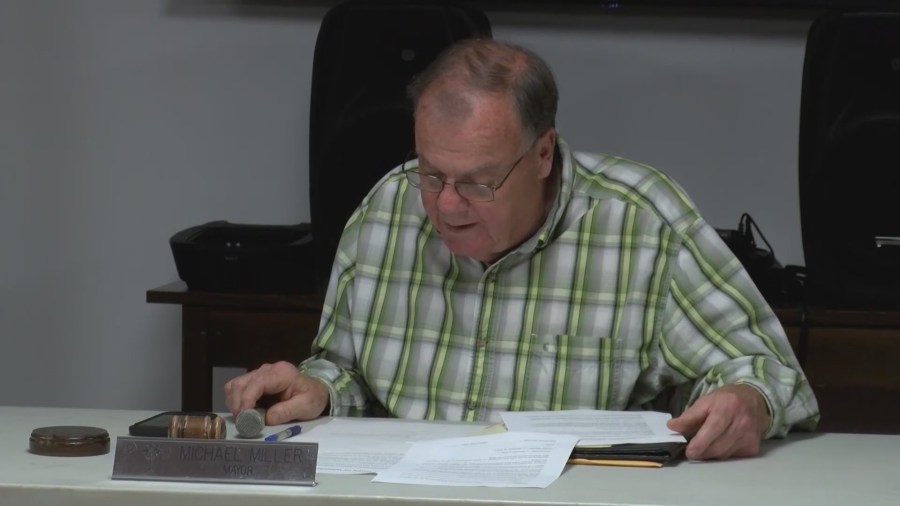The recent turmoil in Wagener, South Carolina, has garnered significant attention following the mass resignation of 19 firefighters last weekend. Additionally, two more firefighters resigned during the town council meeting the following Monday. Mayor Mike Miller, who was busy addressing a minor water leak when approached for commentary, pointed out that the town is facing more severe challenges beyond the leak itself. He identified the critical issues that emerged this year, including the closure of the local medical center and the disbanding of the fire department, which he attributes to poor management and financial misgivings. Thus far, these problems can be linked back to a resignation letter penned by former Fire Chief Tillman Rushton, which Miller claims is largely fabricated.
Miller contends that Rushton’s resignation letter, which attributes the fire department’s troubles to “poor financial management,” is disingenuous and even AI-generated. Mayor Miller has suggested that the letter is a product of a concerted effort to undermine his authority, stating, “The truth will come out, and I don’t hate women. I love my mother.” This suggests an unnecessary personal attack on his character, as Rushton’s letter alleges misogyny and threatening behavior directed towards female employees, including a particular incident where the mayor reportedly verbally attacked a female firefighter. In contrast, Miller attributes the ongoing strife within the council to the influence of Councilwoman Nyia Adams, asserting her arrival has led to a surge of negativity and complaints reminiscent of her previous role in Salley.
A significant recent development was the Aiken County Council’s unanimous vote to terminate the contract between the town and the fire department, an action that Mayor Miller characterized as unexpected and politically driven. He stated that he had been assured there would only be a discussion rather than a vote, leading him to feel blindsided by the council’s decision. To exacerbate the turmoil, a mobile home was recently lost to a fire, which the mayor does not dismiss as coincidental, especially given it occurred right after the fire department’s disbandment. He suggested that incendiary incidents like these have clouded the situation, believing that the events surrounding the burnt mobile home were linked to the overall chaos affecting Wagener.
Despite the mounting difficulties, Miller emphasized a determination to address and resolve the concerns raised by the townsfolk. He expressed suspicion that many emails allegedly raising these concerns might also be AI-generated, referencing a barrage of complaints and claims that echo dissatisfaction without substantial backing. The mayor has proposed a radical solution to uncover the truth: he intends to ask all council members and former fire department personnel to voluntarily undergo lie detector tests. By doing so, he hopes to restore credibility to the narrative and his position, openly declaring, “I’m going to tell the truth, and I’ll be the first one to sit down” for the examination.
As the crisis unfolds, the mayor reassured residents that help from neighboring fire departments in New Holland and Salley will be utilized while Wagener navigates through this hiatus. As such, Miller’s approach appears to focus on cooperation and transparency amidst a backdrop of accusations and strained relations. The upcoming town council meetings will serve as a platform for addressing community issues and outlining strategies to stabilize the current situation, with discussions anticipated on assistance from interlinked fire departments.
Ultimately, the complexities of the situation in Wagener reflect deeper issues that often plague small municipalities. Mayor Miller’s struggle against a backdrop of alleged misconduct and dissent points to broader concerns regarding community cohesion, leadership accountability, and the transparency of governance. As the council tackles these pressing matters, the people of Wagener remain watchful, hoping for resolutions that will restore integrity and functionality to their local institutions. With planned discussions and potential investigations on the horizon, it is yet to be determined whether the town can rebound from this crisis and repair the fractures created within its leadership and departments.

